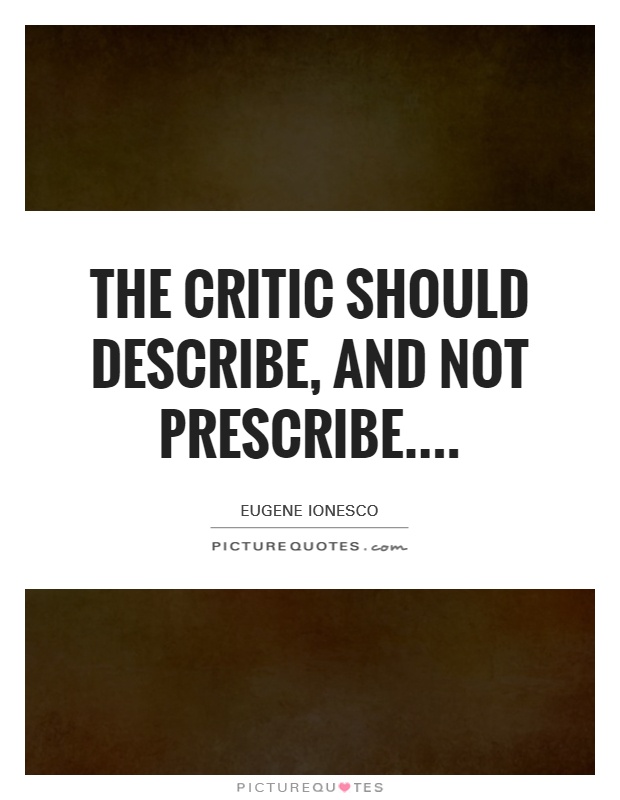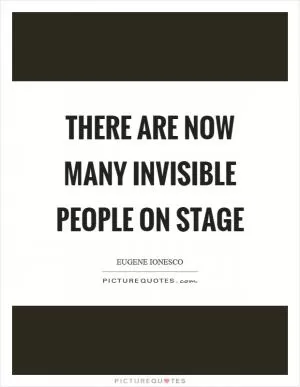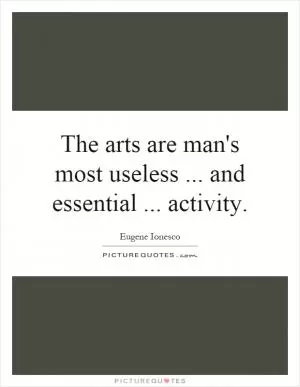The critic should describe, and not prescribe

The critic should describe, and not prescribe
Eugene Ionesco, a Romanian-French playwright known for his absurdist and avant-garde works, is often a subject of critical analysis and interpretation. When discussing Ionesco's plays, it is important for critics to adhere to the principle of "describe, not prescribe." This means that critics should focus on objectively describing the themes, characters, and techniques used in Ionesco's works, rather than imposing their own subjective interpretations or judgments.One of the key reasons why critics should describe and not prescribe when analyzing Ionesco's plays is the inherently ambiguous and open-ended nature of his work. Ionesco's plays, such as "The Bald Soprano" and "Rhinoceros," are characterized by their surreal and nonsensical elements, which often defy traditional narrative conventions. As a result, these plays can be interpreted in a multitude of ways, and there is no definitive "correct" interpretation. By focusing on describing the various elements of Ionesco's plays, critics can provide readers with a more comprehensive understanding of the work, allowing them to form their own interpretations based on the evidence presented.
Furthermore, Ionesco himself was known to be critical of critics who attempted to impose their own interpretations on his work. In his essay "Notes and Counter-Notes," Ionesco expressed his frustration with critics who tried to assign fixed meanings to his plays, arguing that this limited the potential for audience engagement and interpretation. Instead, Ionesco believed that his plays should be allowed to speak for themselves, with audiences free to draw their own conclusions based on their individual experiences and perspectives.












 Friendship Quotes
Friendship Quotes Love Quotes
Love Quotes Life Quotes
Life Quotes Funny Quotes
Funny Quotes Motivational Quotes
Motivational Quotes Inspirational Quotes
Inspirational Quotes